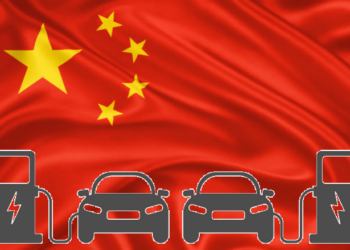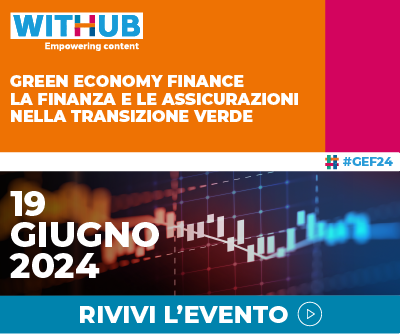Brussels – The European Union is in a bind. It needs money to translate into practice a twin transition on which the rest of the world seems to be racing ahead more than the EU, which strongly wanted this change: China, the United States, as well as Brazil, and India. In the green economy and the development of the clean-tech industry, competition is increasing, and the idea that is starting to emerge is that of a new joint debt program to respond to those who can spend more and better among EU Member States. Economy Commissioner Paolo Gentiloni made veiled calls for states to consider a new phase for the sustainable and digital agenda.
At the Euronext annual conference, he first spoke of the need for private investment through the completion of the capital markets union and then the need for direct investment. Debt, he says in defiance of the so-called ‘austerity hawks’, cannot be the reason to abandon spending needed to become innovative and competitive.
“If we look at our competitors around the world, we see that they are no less indebted than the Europeans and their support for their industry is higher than ours”, Gentiloni said. With this, he points out, “I’m not saying we should adopt the American or Chinese model. But nor can we sit idly by.” If the EU can’t or won’t intervene with massive public incentives or subsidies as Washington and Beijing do, “Europeans should react, as much as possible, together.” It means new Eurobonds, joint debt securities, and programs similar to the post-pandemic recovery program, NextGenerationEU, which is “providing the firepower that will allow our investment gap to be filled, at least until 2026 when the program is set to expire.”
There is a growing feeling that Europe had a good idea, and now this idea is being stolen by those who already have advantages. China has the raw materials it needs for Europe’s Green Deal goals. The U.S. has money and the ability to intervene — and it did — with measures like the Inflation Reduction Act (IRA), which allows tax breaks and incentives to attract industry, investment, and labor. Too bad the number of competitors is increasing.
“New competitive fintech centers and innovative capital market ecosystems are emerging very fast in places like India and Brazil,” the Economy Commissioner warned. This evolution risks seeing the EU crushed by global competition, especially in the green economy. “Mobilising private investments in the twin transition will be crucial to boost our competitiveness and close our investment gap.”
This requires completing the capital market. “Though they are becoming bigger, EU capital markets remain relatively small and fragmented along national line.” Looking at different realities, Gentiloni cannot help but recall how in terms of percentage of Gross Domestic Product (GDP), “their size is lower than that of the United States or the United Kingdom.” And not by a small margin. “Stock market capitalization is about 55% of GDP for the EU; 158% of GDP in the US, and 71% for the UK.”
The EU needs something like 650 billion euros in additional annual investment until 2030 for the green and digital transition, “neither of them of course will be over by that date,” Gentiloni pointed out. More investment will be needed, and then a new NextGenerationEu may have to be in place by post 2030 at the latest. Without giving up on reforms. “Capital markets are crucial to mobilize the massive private investments needed to carry out the green and digital transitions.”
English version by the Translation Service of Withub





